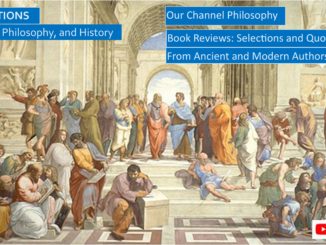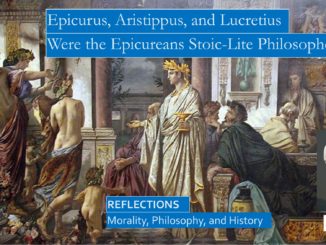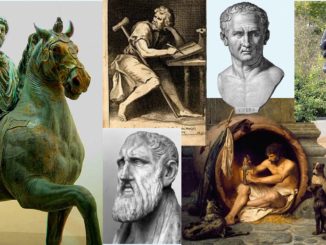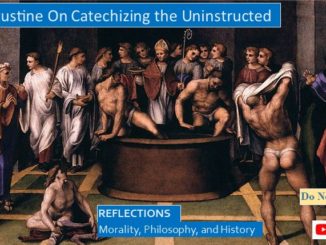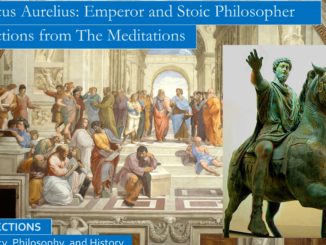
Do Not Envy: Lessons from Eeyore’s Birthday Party and the Gnostic Acts of Thomas
We will look to the wisdom of Winnie-the-Pooh to teach us valuable lessons on how easy it is to fall into the trap of Envy, and also a delightful story from the Gnostic Acts of Thomas, or Thomas Didymus, the apostle also known as the Twin. […]

